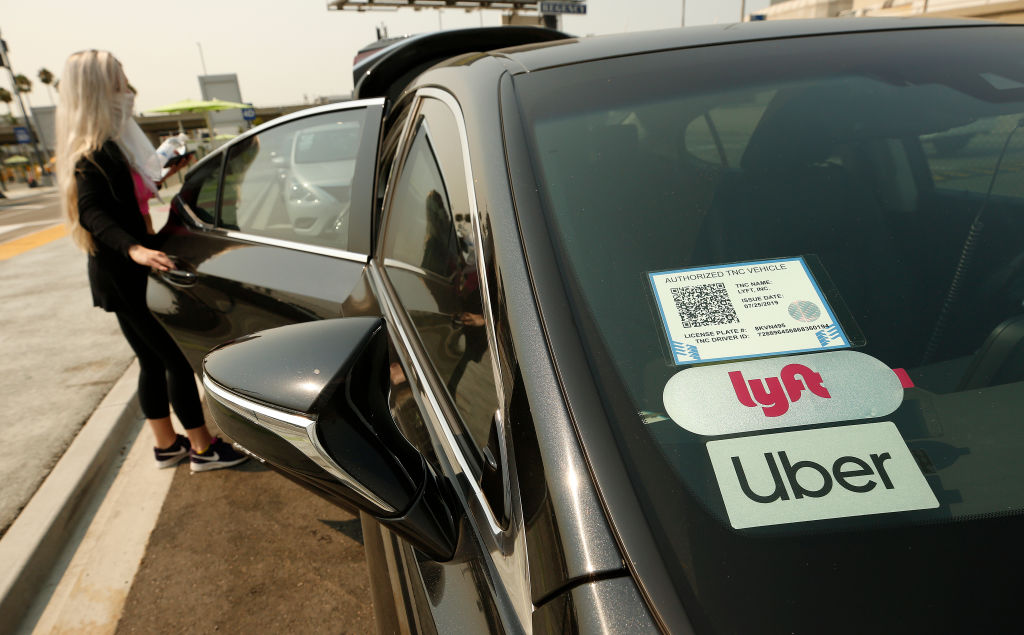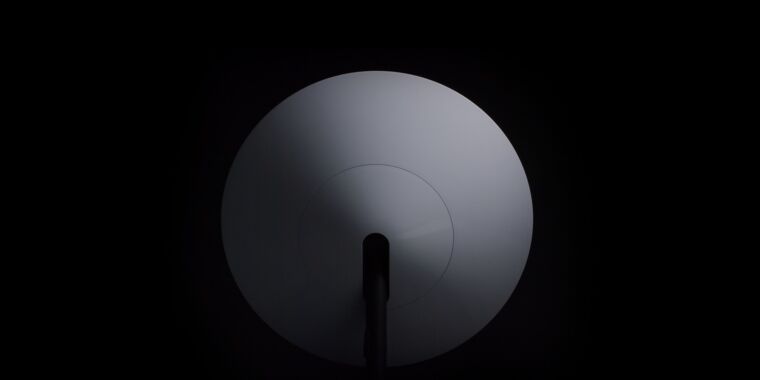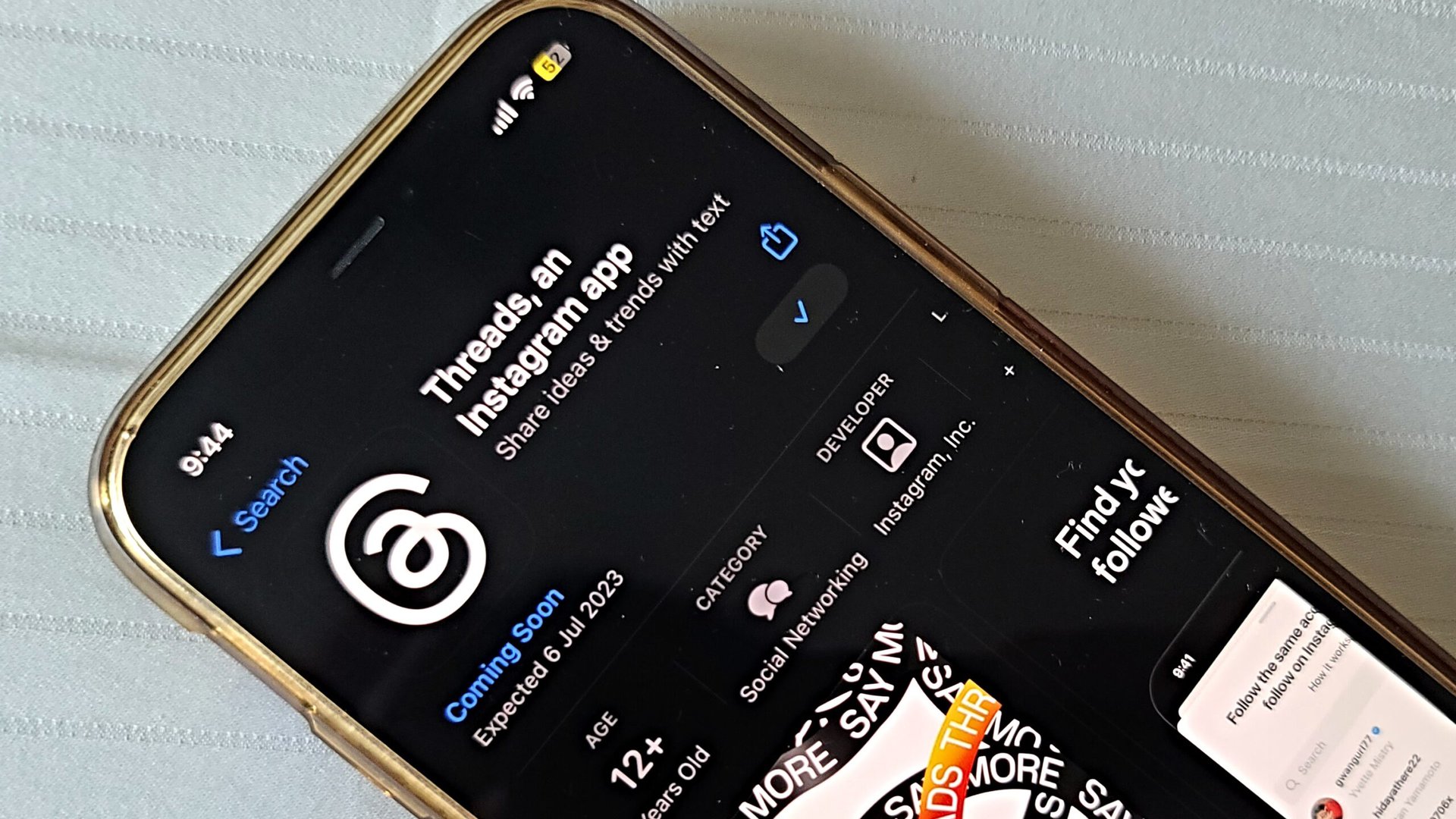Uber sues NYC Taxi & Limo Commission to block driver fare increase
Uber is suing the New York City Taxi & Limousine Commission (TLC), which last month approved a fare hike for ride-sharing apps and taxi drivers amid a shortage drivers post-pandemic, increasing cost operations and higher inflation. The ride-sharing company is trying to prevent an increase in the fares it must pay drivers in New York City by December 19.
On November 15, the TLC voted to increase per-minute rates for ride-hailing drivers by 7.42% and mileage rates by 23.93%, a decision by the commission that aims to attract more drivers to the roads to meet growing passenger demand. In its petition, Uber called the increases "dramatic, unprecedented and unsupported increases," noting that past fare increases ranged from 1.46% to 5.34% and "accurately reflect the impact of inflation".
Uber accused TLC of using unsound economic principles to "achieve a predetermined outcome." The company said the rule would force Uber to spend an additional $21 million to $23 million per month, a cost the company could not recover from. Uber could also compensate for additional payments by increasing passenger fares, but the company said this would result in a 10% increase for passengers, which "would irreparably damage Uber's reputation, damage goodwill and risk a permanent loss of business and customers".
The ride-sharing giant added that the disputed rule would hurt passengers, drivers and the ride-sharing industry as a whole. Uber accused the TLC of not offering a solution to balance these risks.
"A fare increase of this magnitude may very likely result in an increase in passenger fares," the lawsuit states. “These higher fares, in turn, will reduce the number of rides requested through the Uber platform. Fewer rides requested translate to fewer opportunities for drivers to earn fees. The challenged rule could very well have the effect of hurting drivers' incomes, thus undermining the purpose of these regulations. »
Uber has asked the court to issue a temporary restraining order and preliminary injunction to block implementation of the TLC rule pending a decision on Uber's motion to block it entirely.
>Taxi and Limousine Commissioner David Do said in a statement that the city must "support our workers without traditional job protections".
"New York City is the national leader in driver protection, and this important rule reflects that reality," Do said. "We are confident that we are well within our legal authority to implement this important rule, and we are vigorously fighting this lawsuit."
Uber has challenged decisions to protect on-demand workers in the past. Last year, a California superior court ruled that Proposition 22 — a ballot proposal that passed in 2020 that defines rideshare and gig workers as independent contractors, not employees, and therefore not eligible for certain labor protections - was unconstitutional and unenforceable. Uber in turn filed a lawsuit to strike down AB-5, California's controversial on-demand worker employment status law, as unconstitutional and block its application. This ongoing robbery in court buys Uber time by clogging up the legal system so the company can continue to operate without making changes.

Uber is suing the New York City Taxi & Limousine Commission (TLC), which last month approved a fare hike for ride-sharing apps and taxi drivers amid a shortage drivers post-pandemic, increasing cost operations and higher inflation. The ride-sharing company is trying to prevent an increase in the fares it must pay drivers in New York City by December 19.
On November 15, the TLC voted to increase per-minute rates for ride-hailing drivers by 7.42% and mileage rates by 23.93%, a decision by the commission that aims to attract more drivers to the roads to meet growing passenger demand. In its petition, Uber called the increases "dramatic, unprecedented and unsupported increases," noting that past fare increases ranged from 1.46% to 5.34% and "accurately reflect the impact of inflation".
Uber accused TLC of using unsound economic principles to "achieve a predetermined outcome." The company said the rule would force Uber to spend an additional $21 million to $23 million per month, a cost the company could not recover from. Uber could also compensate for additional payments by increasing passenger fares, but the company said this would result in a 10% increase for passengers, which "would irreparably damage Uber's reputation, damage goodwill and risk a permanent loss of business and customers".
The ride-sharing giant added that the disputed rule would hurt passengers, drivers and the ride-sharing industry as a whole. Uber accused the TLC of not offering a solution to balance these risks.
"A fare increase of this magnitude may very likely result in an increase in passenger fares," the lawsuit states. “These higher fares, in turn, will reduce the number of rides requested through the Uber platform. Fewer rides requested translate to fewer opportunities for drivers to earn fees. The challenged rule could very well have the effect of hurting drivers' incomes, thus undermining the purpose of these regulations. »
Uber has asked the court to issue a temporary restraining order and preliminary injunction to block implementation of the TLC rule pending a decision on Uber's motion to block it entirely.
>Taxi and Limousine Commissioner David Do said in a statement that the city must "support our workers without traditional job protections".
"New York City is the national leader in driver protection, and this important rule reflects that reality," Do said. "We are confident that we are well within our legal authority to implement this important rule, and we are vigorously fighting this lawsuit."
Uber has challenged decisions to protect on-demand workers in the past. Last year, a California superior court ruled that Proposition 22 — a ballot proposal that passed in 2020 that defines rideshare and gig workers as independent contractors, not employees, and therefore not eligible for certain labor protections - was unconstitutional and unenforceable. Uber in turn filed a lawsuit to strike down AB-5, California's controversial on-demand worker employment status law, as unconstitutional and block its application. This ongoing robbery in court buys Uber time by clogging up the legal system so the company can continue to operate without making changes.
What's Your Reaction?















![Three of ID's top PR executives quit ad firm Powerhouse [EXCLUSIVE]](https://variety.com/wp-content/uploads/2023/02/ID-PR-Logo.jpg?#)







